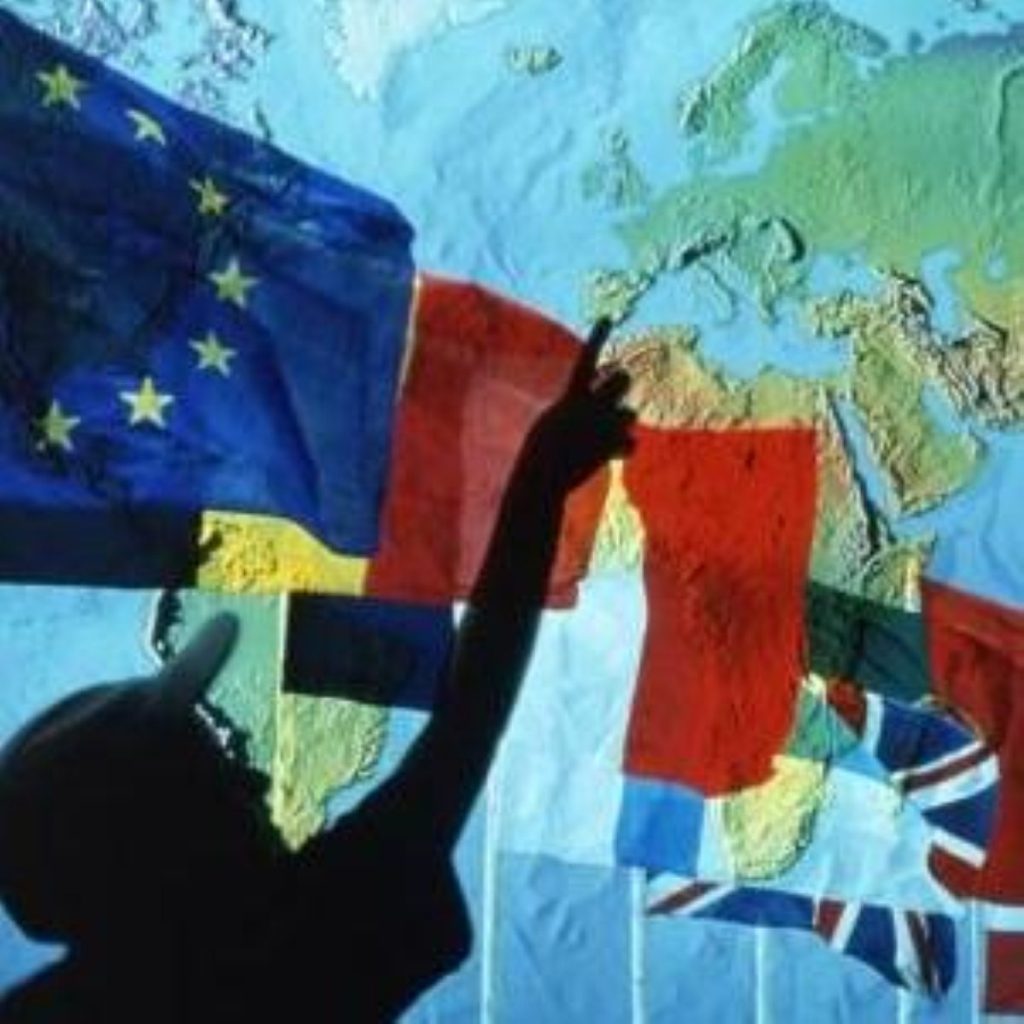Dutch vote ‘No’
In its first referendum in 200 years the Netherlands has emulated its French neighbours and overwhelmingly rejected the draft European Constitution.
Dutch Prime Minister Jan Peter Balkenende conceded defeat after provisional results revealed about 61.6 per cent of those who voted were opposed to the constitution.
Turnout is believed to have been about 63 per cent – higher than many pundits expected.
In a TV statement after the vote result was announced, the Dutch Prime Minister admitted he was “very disappointed” but emphasised the importance of other countries continuing their own ratification processes.


Tony Blair is yet to make a statement, but speaking briefly after the result Foreign Secretary Jack Straw said that the verdicts raise “profound questions for all of us about the future direction of Europe.”
Mr Straw said: “In an era of globalisation, when nations need to find new ways to work together to tackle new problems, Europe needs to be capable of giving citizens the prosperity, security, and social justice they require in ways which fit the modern world.”
The Foreign Secretary is set to make a full statement to Parliament when it returns on Monday.
Shadow Foreign Secretary Liam Fox said the Dutch rejection meant the constitution was dead.
Dr Fox said: “The French voters gave the Constitution its death sentence. The Dutch voters have now dealt a fatal blow.
“The constitution is dead.”
He called on the British government to take the lead in restructuring Europe into something “the peoples of the continent want.”
And he was emphatic that if any part of the treaty is to be implemented there should be a British referendum.
And Liberal Democrat counterpart Sir Menzies Campbell concurred that the treaty was now dead, but warned that reforms were still needed.
Sir Menzies said: “There is now no prospect of a referendum in the United Kingdom. What is required is a period of reflection so that the members of the European Union can determine the future.
“The EU will go on based on existing treaties, but it will not be long before the need for reform becomes acute.”
The Dutch along with the French were among the EU’s six founding members in the 1950s. All 25 nations of the EU must ratify the treaty – penned last October – for it to come into effect.
The treaty was drawn up after the EU expanded from 15 to 25 states on May 1 2004 to streamline decision-making across the world’s largest trading bloc.
Critics have questioned plans to empower a European President and Foreign Minister and as well as extend the powers of MEPs in the European Parliament.
Nine countries have already approved the treaty.

